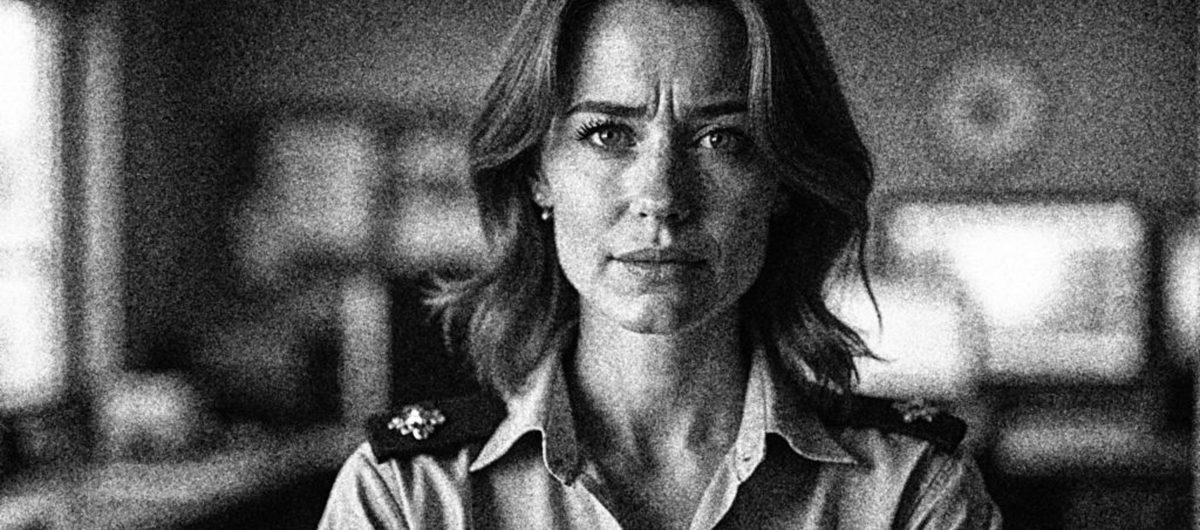Ever read back your draft and wonder what happened to that brilliant story you thought you’d written? You’re not alone.
Let me share what happened at my writing desk last night. There I was, thinking I’d crafted pure gold in my latest Stephanie McBride scene. The Adelaide noir atmosphere felt perfect—all dark alleys and dodgy characters around Hindley Street.
But this morning? Strewth. Reading it back was like drinking yesterday’s flat Bird in Hand bubbles.
Here’s how to fix that drama:
Cut the dead weight
First, slash these useless words:
- Very, just, really, quite
- In my opinion, I think, I believe
- There is, there are
- Started to, began to
Before: There was a body that began to show signs of decay.
After: The body’s flesh blackened and peeled.
Sharpen your verbs
Weak: The detective went to the crime scene.
Strong: The detective stormed into the crime scene.
Replace these common verbs with stronger ones:
- Went → stormed, crept, charged
- Looked → glared, stared, scanned
- Said → growled, whispered, snapped
Add sensory details
Weak: It was a cold night in the city.
Strong: The bitter winter wind howled through Adelaide’s deserted lane ways.
Choose specific over vague
Weak: The suspect was a big man.
Strong: The suspect’s six-foot-four frame barely cleared the doorway.
Quick test: Can you picture it clearly? If not, get more specific.
Show emotion through action
Weak: The witness was scared.
Strong: The witness’s hands shook as she lit her third cigarette.
Here’s a before and after using these principles:
Before:
There was a very suspicious man who went into the building. He looked nervous and started to run when he saw the police car.
After:
A lanky bloke in a blood-stained Crows jersey skulked into the building. His head whipped around at the police car’s approaching bull roar, then he bolted down Rundle Mall like a dingo with its tail on fire.
See the difference? The second version puts you right there in the scene.
Bottom line
Write your first draft however it comes. But when you edit, be ruthless. Strip out the weak words. Replace them with strong, specific language that brings your story to life.
Now, if you’ll excuse me, I’ve got a certain Stephanie McBride scene to rewrite.
